Anyone who has ever tried to give a child something other than cereal or ice cream knows that it isn't always easy to get them to eat what you want them to. Trying to feed them healthy foods that also satiate their taste buds is hard. According to Dr Seema Duggal, a pediatric nutritionist based in Noida, "Children require a variety of nutrients, including healthy fats for their brains, calcium for their bones, and all of the vitamins and minerals that veggies provide, among others." As per her reccomendations, we've compiled a list of the top five nutritious foods for kids to relieve some of the worries and ensure you're feeding your child the healthiest foods.
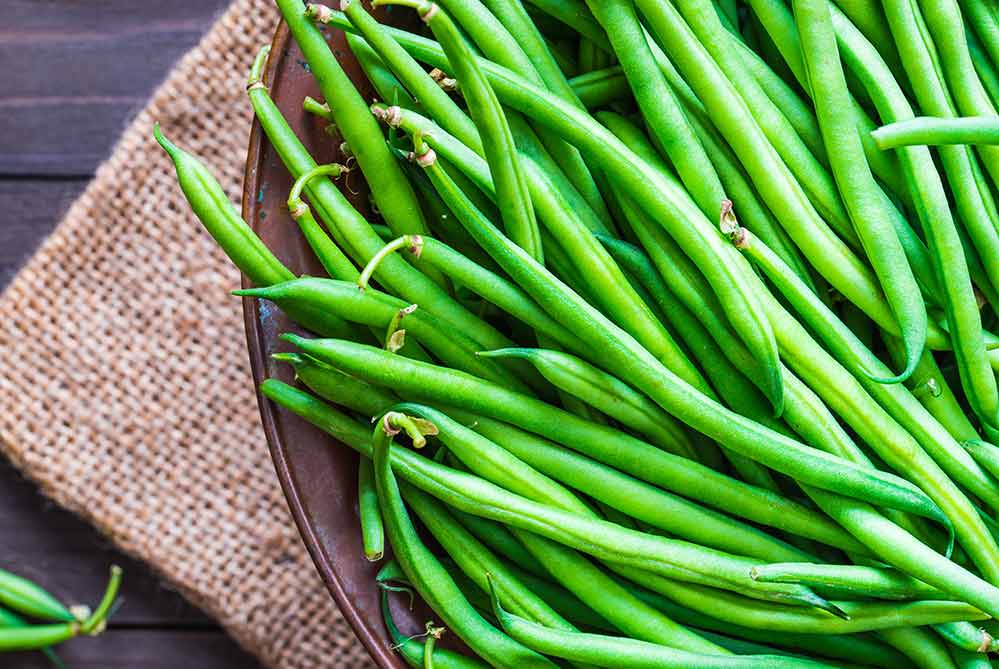
1. Beans
Beans are an underappreciated superfood. They're not only nutritious being high in protein and fibre, but also inexpensive and quick to cook. Dr Duggal adds. "Kids between the ages of four and eight require about 25g of fibre per day. Fibre aids with digestion and keeps your children feeling fuller for longer."
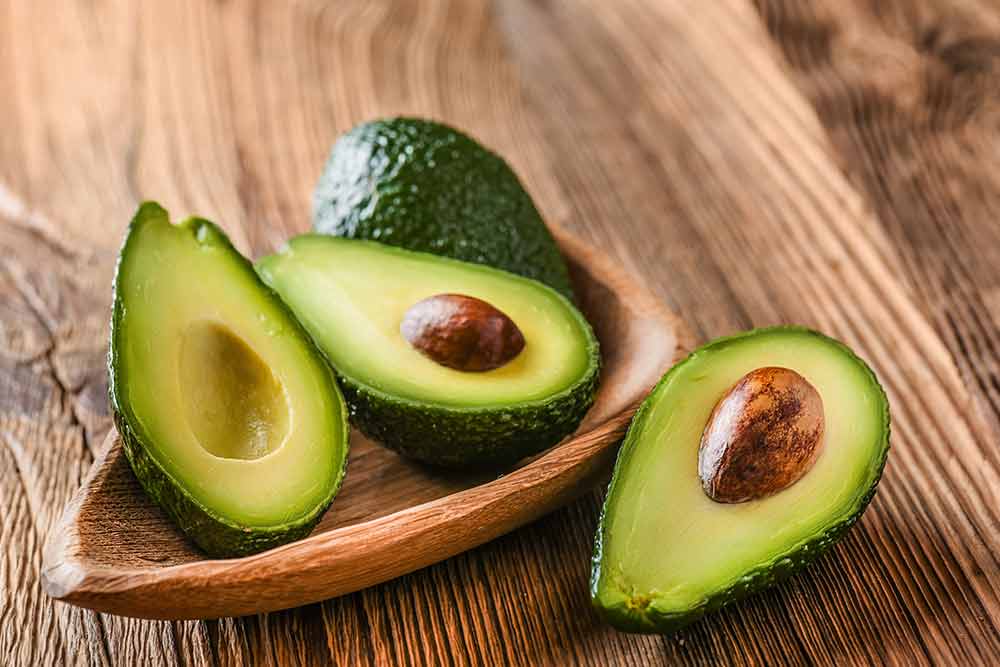
2. Avocados
Avocados are one of the healthiest food options to provide your youngster with nutritious fats. "They have abundant monounsaturated fats, which help to reduce inflammation and maintain healthy cholesterol levels. Because fat passes slowly through the digestive tract, it keeps kids fuller for longer," she says. But what's the nicest thing about avocados? Their versatility. You may eat them with a spoon, mash them on toast, put them in a smoothie, incorporate them into salads, or make an avocado pesto pasta sauce. Avocados are also an excellent first food for infants.
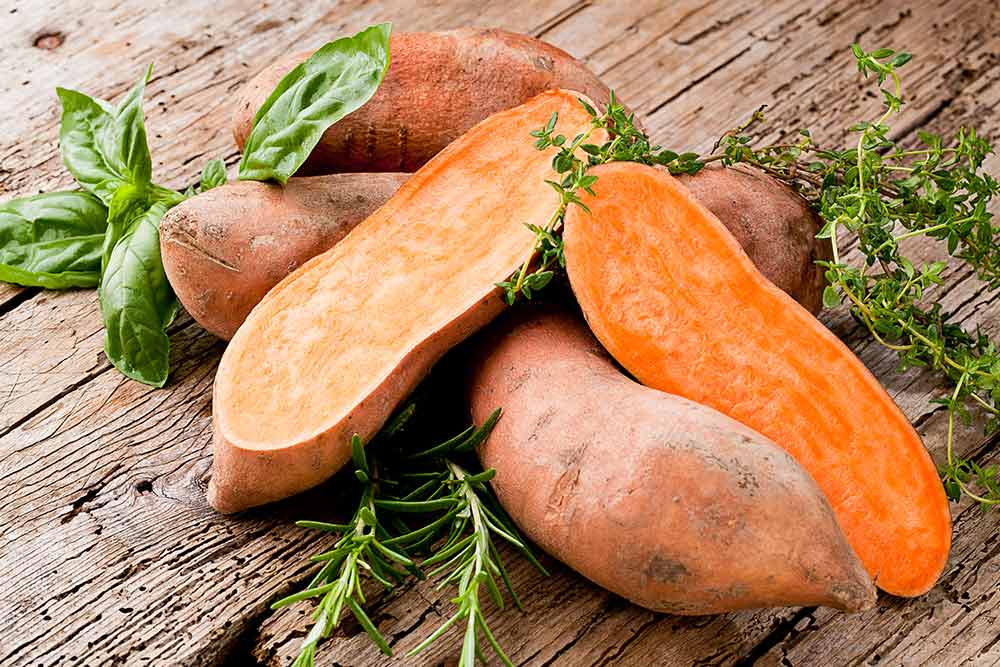
3. Sweet Potato
If you're short on time and want to eat something healthy, this is the recipe for you. Microwave a sweet potato for three to five minutes after washing it and poking holes in it (depending on its size). Slice it lengthwise, then scoop it onto your child's dish after it has cooled. Sweet potatoes (since they're sweet) are appealing to all ages, whether your child is six months old, six years old, or 16 years old. Dr Duggal adds, "They're high in vitamin A (nearly 300 per cent of an adult's daily value), fibre, and potassium. Limiting salt intake while boosting potassium intake helps to keep blood pressure and heart health in check."
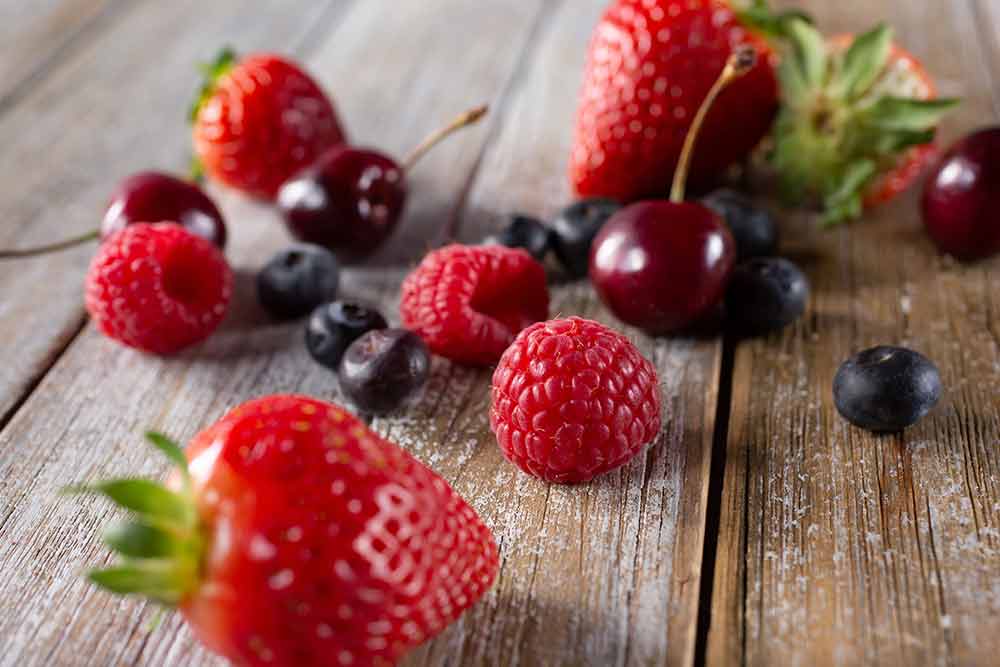
4. Berries
Dr Duggal explains, "Berries are abundant in vitamin C and other antioxidants such anthocyanins, and they provide 4g of fibre per cup. The sugar content in blueberries, blackberries, and strawberries is lower than that of many other fruits." Fresh berries make a terrific snack for kids or a tasty yoghurt topping. If berries aren't in season, get unsweetened frozen berries and combine them with overnight oats or a smoothie.
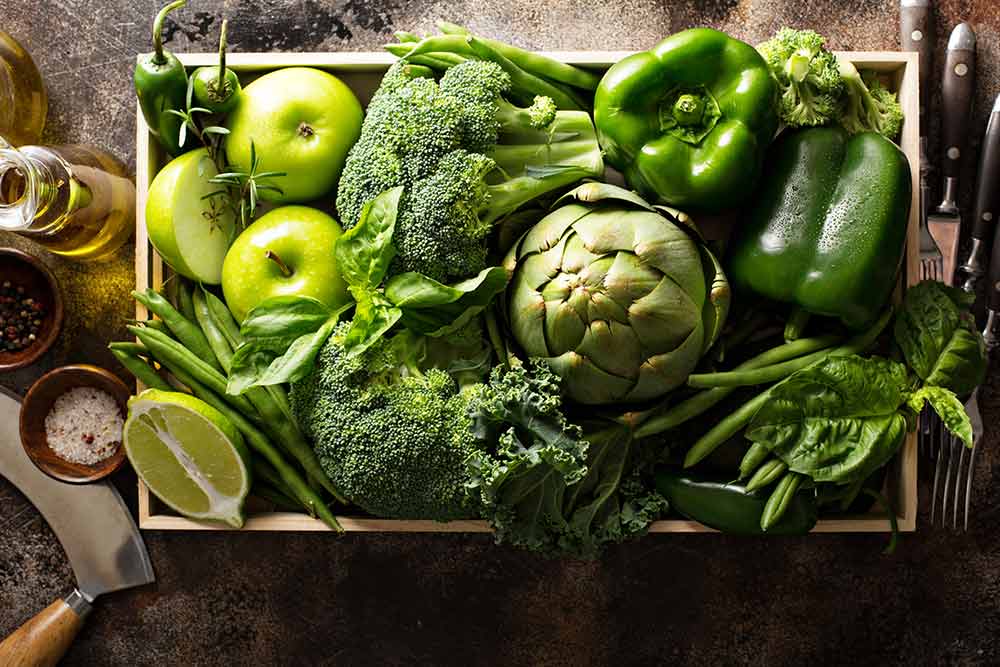
5. Vegetables
Adults and children alike do not consume enough vegetables. Congratulations are in order if you can get your child to eat any veggie. However, the more colour and diversity of vegetables available, the better. "Leafy greens such as spinach and kale are high in vitamin K, orange and red vegetables are high in vitamin A, peppers are high in vitamin C, and cruciferous veggies such as broccoli, cabbage, and cauliflower contain cancer-fighting chemicals and feed good gut bacteria," she signs off.
Also Read: Know Your Reds: 5 Fruits And Vegetables That Should Be A Part Of Your Diet
Also Read: Know Your Greens: 5 Leafy Vegetables To Add To Your Diet